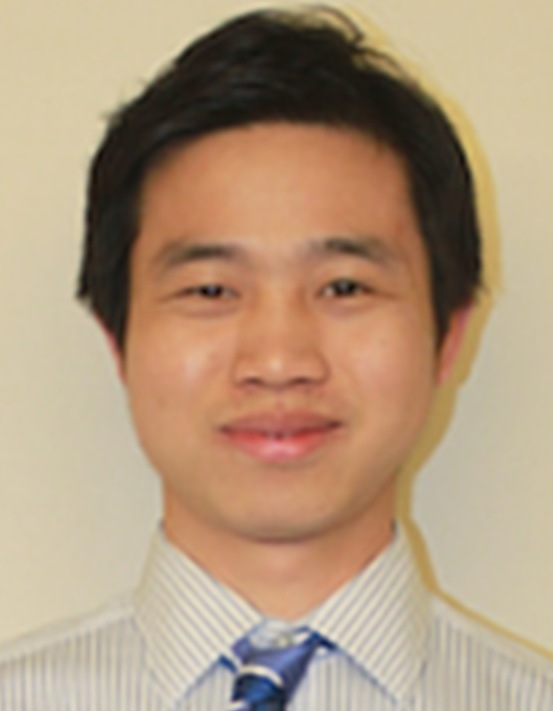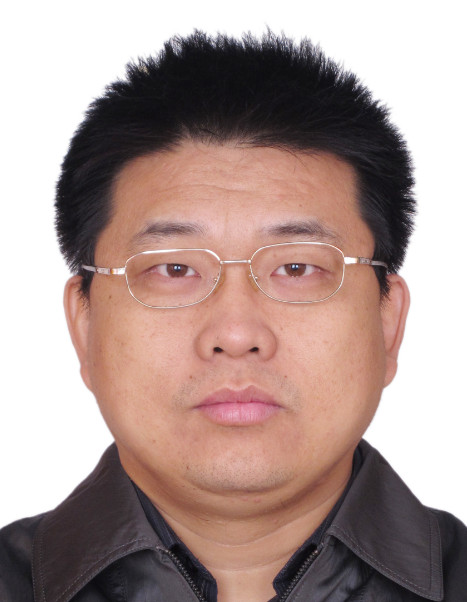Description
With the technological advancements of social networking, blockchain, computer vision, wireless communications, and augmented intelligence techniques, the concept of metaverse has started as a new type of social form and future Internet applications. The metaverse is broadly conceptualized as a collection of 3D virtual worlds, which enables an immersive experience by developing virtual 3D environments. While contemporary online gaming, messaging, multimedia content sharing, etc. like social networking applications and services are pervasive today, we strongly believe that the metaverse with massive and immersive virtual environments will be realized and benefit from the development of the Internet of Things (IoT) in a number of ways. Particularly, IoT technologies would support to meet high throughput, ultra-reliability & low latency requirements, offer large-scale resource demands, enable strong scalability, and at the same time, ensure security and privacy. Towards provisioning and accessing the metaverse virtual spaces as well as virtual reality object connection and convergence, there will be a surge of open research questions from IoT perspectives in both academia and industry. The proposed special session provides a great opportunity to address open questions in the metaverse with the IoT.
The aim of this special session is to bring researchers, engineers, and experts together from industry, academia, and government agencies interested in the latest advancements in the research fields of metaverse and the Internet of Things (IoT). In addition to regular papers, renowned researchers will be invited to present the identified new challenges and discuss the possible solutions in the context of metaverse with the IoT and other closely relevant topics. Topics of interest include but are not limited to:
- Artificial intelligence for metaverse applications
- The Internet of Things for the metaverse
- Communications and networking technologies for metaverse ecosystem
- Intelligent infrastructure for metaverse with IoT
- Cloud and edge/fog computing for metaverse applications
- Security, privacy, trust, and fairness in the context of metaverse
- Blockchain and smart contract for metaverse with IoT
- Optimization of metaverse applications and services
- Augmented/Virtual/Mixed Reality for the Internet of Things
- Human-computer interaction for metaverse applications
- Incentives mechanism for user contributions and motivations
- Resource allocation for IoT-enabled metaverse
Important Dates:
- Paper submission:
13 June 2022August 1st, 2022 - Acceptance Notification:
8 July 2022August 16th, 2022 - Camera-Ready Paper Submission Deadline:
31 July 2022August 31st, 2022
Paper should be six (6) pages in length and follow the instruction provided for the main Conference. The conference allows up to two additional pages for a maximum length of eight (8) pages with payment of extra page charges once the paper has been accepted.
Chairs
Dr. Jun Zhao, Nanyang Technological University

Jun ZHAO is an Assistant Professor in the School of Computer Science and Engineering (SCSE) at Nanyang Technological University (NTU) in Singapore. He received a PhD degree in May 2015 in Electrical and Computer Engineering from Carnegie Mellon University (CMU) in the USA (advisors: Virgil Gligor, Osman Yagan; collaborator: Adrian Perrig), affiliating with CMU’s CyLab Security & Privacy Institute, and a bachelor’s degree in July 2010 from Shanghai Jiao Tong University (SJTU) in China. Before joining NTU first as a postdoc with Xiaokui Xiao and then as a faculty member, he was a postdoc at Arizona State University as an Arizona Computing PostDoc Best Practices Fellow (advisor: Junshan Zhang; collaborator: Vincent Poor). His papers received Best Paper Award (IEEE Transaction Paper) by IEEE Vehicular Society (VTS) Singapore Chapter in 2019, Best Paper Award in EAI International Conference on 6G for Future Wireless Networks (EAI 6GN) 2020, and Best Paper Award in IEEE Globecom Workshop 2021. He is an Editor of many journals and a technical program committee member of many conferences; see https://junzhaogroupntu.github.io/services.html
Dr. Gang Wang, Beihang University

Gang Wang received the Ph.D. degree in electronic engineering and communication and information system from Beihang University, in 2003. He is currently an Associate Professor with the School of Electronic and Information Engineering, Beihang University. His research interests include resource allocation and information dissemination in mobile networks.


